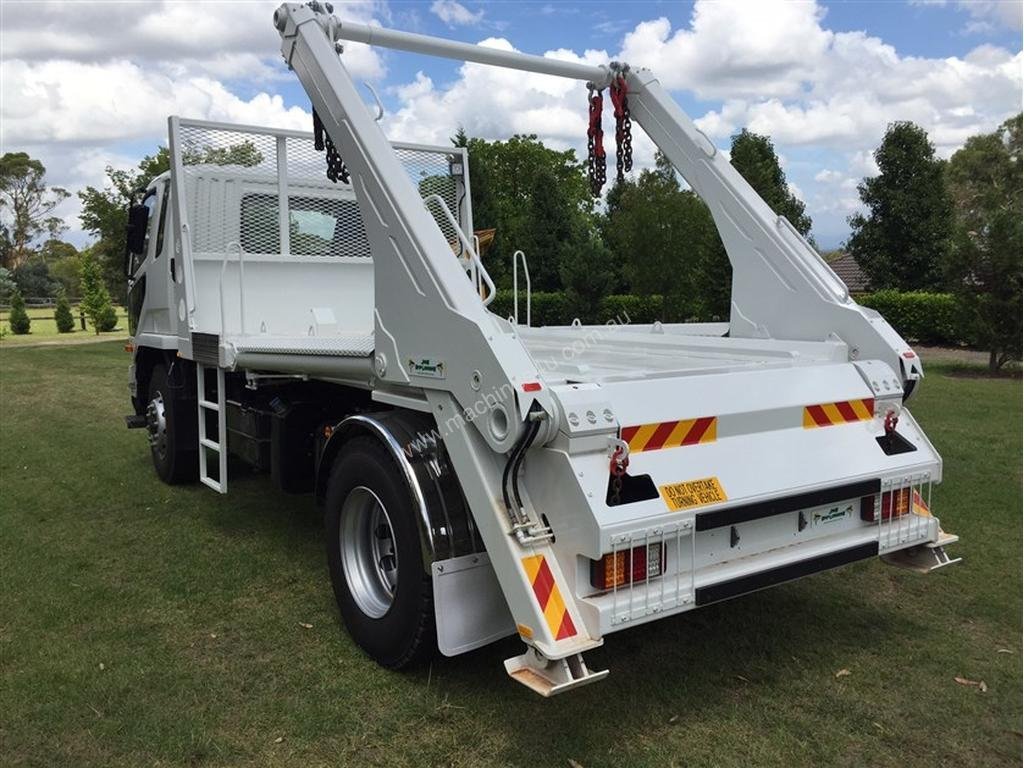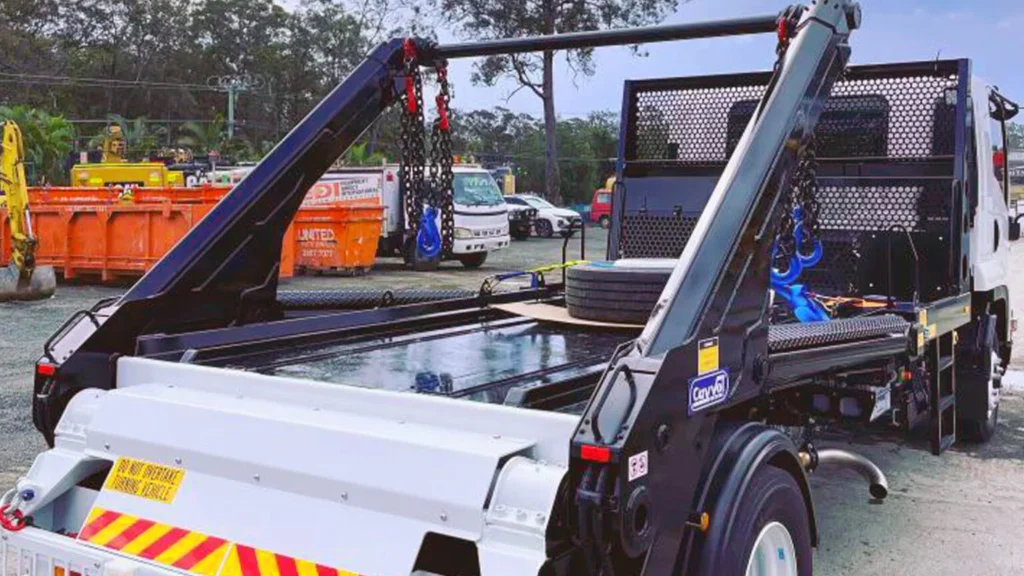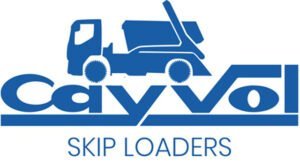
Safety Measures and Regulations for Skip Loader Operation in Australia
Skip loaders are essential trucks used to transport skips and containers, often filled with waste materials from building sites and home clear-outs. However, if not operated safely and correctly, skip loaders can pose serious risks to operators, bystanders, and the environment. Therefore, it’s crucial to follow the safety measures and regulations for skip loader operation in Australia.
Importance of Safety Regulations
In Australia, Safe Work Australia is the national policy body responsible for developing national work health and safety guidelines. These guidelines are complemented by state and territory regulatory bodies, which provide specific regulations and enforcement. One valuable resource is Safe Work Australia’s guidelines on mobile plant safety, which offer comprehensive advice on operating machinery like skip loaders safely. These guidelines outline the dangers involved in skip loader work and offer a checklist of important actions workers can take to protect themselves and others.
Key Safety Measures and Regulations
- Vehicle and Equipment Checks Before using a skip loader, it’s important to inspect the vehicle and its equipment. Check the brakes, tires, steering, lights, mirrors, lifting equipment, and wheel chocks. Ensuring that all parts are in good working condition can prevent accidents.
- Safe Parking Practices Always park the skip loader on level, solid, and even ground. Apply the handbrake, and use chocks if parked on sloping ground. If the skip loader lacks all-wheel braking, fit flat plates to stabilizers.
- Minimizing Reversing Risks Minimize the number of reversing maneuvers and the distance of each. Use vision-assistive tools such as reversing cameras, mirrors, and proximity alarms. If signallers (banksmen) are guiding the skip loader, ensure they understand and use the correct visual commands.
- Safe Exit from the Cab Exiting the cab safely is crucial. Avoid jumping or falling by using the steps and handholds provided.
- Wearing Appropriate Safety Gear Always wear suitable safety gear, including boots, high-visibility clothing, gloves, hard hats, and safety glasses. This gear protects against common hazards on construction and demolition sites.
- Awareness of Site Hazards Be aware of hazards on the receiving site, such as low overhead electricity cables, obstructions, and pedestrians. Follow site rules and use defined routes into and through the site.
- Safe Loading and Unloading When loading and unloading skips, ensure they are not overloaded or unevenly loaded. Secure skips with chains or ropes, and avoid lifting skips over people or vehicles. Keep clear of skips when they are being lifted or lowered.

Specific Requirements for Different Skips
Different types of skips and containers, such as hazardous waste skips, roll-on roll-off containers, and enclosed skips, may have specific requirements. These could include different loading capacities, dimensions, markings, and labels. It’s important to follow these specific guidelines to ensure safety and compliance.
Keeping Up with Regulations
Laws and regulations regarding skip loader operation are subject to change. For example, the Australian Government continually updates its policies and regulations to improve workplace safety and environmental protection. Staying updated with the latest developments in legislation and guidance for skip loader safety is essential.
Benefits of Following Safety Measures
By adhering to safety measures and regulations, skip loader operators can reduce the risks of accidents, injuries, and damages. Compliance also helps avoid fines or prosecutions. Furthermore, following these guidelines can enhance efficiency, productivity, and reputation in the waste management industry.
In conclusion, ensuring the safe operation of skip loaders involves thorough checks, adherence to safety protocols, and staying informed about current regulations. These practices not only protect workers and the public but also contribute to a more efficient and reputable waste management operation.
